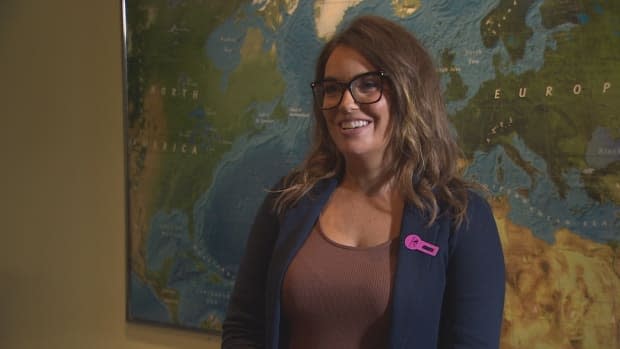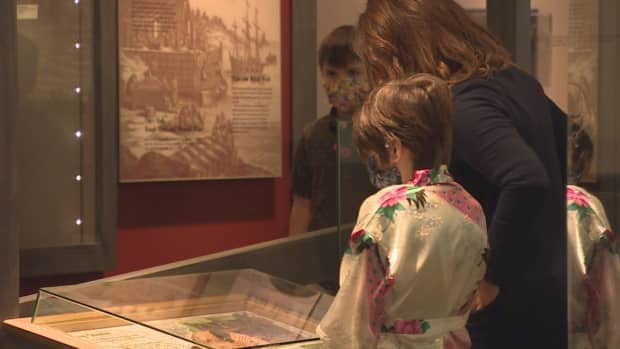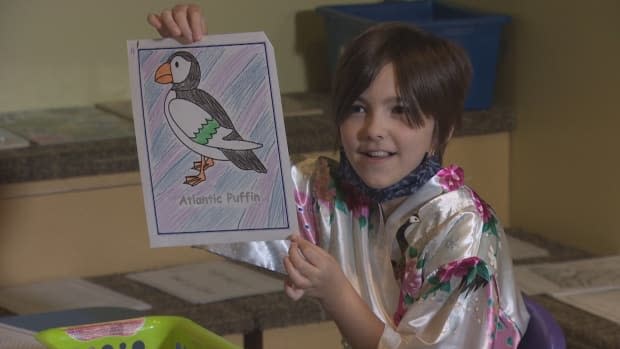Home-schooling mom says public spaces critical to her kids' education


As students across Newfoundland and Labrador settle in for a school year amid reports of COVID-19 outbreaks and closures, one St. John's mother is worried continuous disruptions will leave her children without an essential part of their curriculum.
Meghan Careen has been home-schooling her kids, Violet, 9, and Liam, 7, since 2017. She says the closures of museums, libraries and other public spaces essential to her kids' learning was "extremely challenging" for her family.
"The pandemic really did impact our family, and other home-schoolers as well," Careen said.
"One of the most integral parts of home-schooling, which people don't often realize, is that it's a community experience."
Real-world learning
Careen, who follows the province's curriculum and is her children's sole educator, said her family is part of a larger network of home-schooling families in the St. John's area.
Her curriculum includes group lessons with a tight-knit cohort of 10 other kids, and regular outings to libraries, parks and museums. These experiences, Careen said, are a critical component of her kids' learning.
"I always hear people say about school that it is a place where kids are prepared for the real world," she said. "And I always say to myself, what better place to prepare for the real world than in the real world?"
Careen even incorporates day-to-day errands into her kids' curriculum. "That is a part of our education," she said. "It's real life and that is the stuff that they need to be prepared for."

The Rooms in St. John's is one of the Careens' preferred destinations. They go as often as once a week to take in exhibits or catch a puppet show.
"We rely on the libraries for our resources because we don't always have those classroom resources that the school has. We rely on museums," she said.
Violet, 9, says her favourite part of going to the Rooms is the cafe. "And looking at all the pictures," she says.
Virtual learning 'extremely challenging'
As a family so accustomed to real-world learning, switching to the virtual classroom was "extremely challenging," Careen said.
"I feel like the community is an extension of our classroom," she said. Throughout recurrent lockdowns, "part of our classroom also was taken away."
When public spaces were forced to close amid outbreaks in the winters of 2020 and 2021, Careen said the amount of online resources that were made available — including virtual visits to museums abroad — helped the family cope.
Still, Careen said, true education is in 3D.

"I feel that natural learning for children occurs through play and socialization, even for older kids," she said. "They need to be active and engaged in the community."
Public health officials appear to be on the same page.
Dr. Rosann Seviour, acting chief medical officer of health, said Wednesday that the province would do everything in its power to keep schools from closing due to COVID outbreaks.
"This is a priority," Dr. Seviour said. "Schools should be the last to close and the first to open, for the physical and emotional well-being of children and youth."
As she heads into her fifth year of home-schooling, Careen is "hoping and praying" the public spaces so essential to her kids' education will be able to stay open, too.
But even if they don't, Careen's family is prepared.
"We will cope. We'll be OK. We'll know what to expect this time, and it will be less scary."

